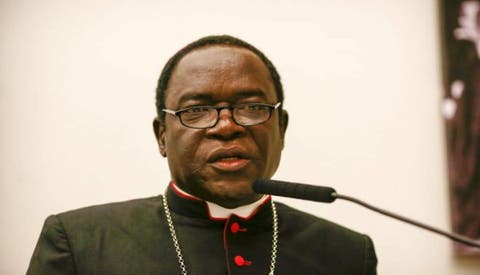Nigeria’s crude oil reserves rose from the 36.96 billion barrels (bb) to 37.50bb within a year, the Nigerian Upstream Petroleum Regulatory Commission (NUPRC), said yesterday.
The natural gas reserves also increased from 208.83 Trillion Cubic Feet (TCF) to 209.26TCF within the same period.
The records are contained in the January 2023 to January 2024 update given in Abuja yesterday by NUPRC Chief Executive Officer (CEO) Gbenga Komolafe
He attributed the increase in the reserves to production from some of the marginal fields in the country and the several initiatives of the commission.
The NUPRC boss said: “The brown fields and marginal fields, some of them, have started producing and contributing to our national oil and gas reserves.”
According to him, the data shows the level of hydrocarbon capacity the nation is endowed with.
On the template for domestic crude oil supply obligation, Komolafe said that in compliance with the provisions of Section 109(2) of the Petroleum Industry Act (PIA), 2021, the commission, in a landmark move, has developed a template guiding the activities for Domestic Crude Oil Supply Obligation (DCSO).
He recalled that in conjunction with relevant stakeholders from Nigerian National Petroleum Company (NNPCL), Upstream Investment Management Services (NUIMS), representatives of Crude Oil/Condensate Producers, Crude Oil Refinery-Owners Association of Nigeria (CORAN) and Dangote Petroleum Refinery, the commission came up with the template for the buy-in of all, in a bid to foster a seamless implementation of the DCSO and ensure consistent supply of crude oil to domestic refineries.
Komolafe said the strategic initiative aligns with the policy of the current administration and the declaration of President Bola Ahmed Tinubu that Nigeria is ready for business.
He added that President Tinubu, as part of his administration’s fiscal policy vacated barriers to investment in the oil and gas sector.
Komolafe said the development aligns with Nigeria’s commitment to bolstering domestic refining capacity and ensuring the sustainability of its oil industry.
He said: “The template provides a transparent framework aimed at fostering collaboration among stakeholders for a thriving energy sector.
“It is therefore my pleasure to unveil the template for DCSO compliance. With this development, the second half of 2024 is poised to witness increased synergy between local refineries and producing companies, setting the stage for a more robust and self-reliant petroleum landscape in Nigeria.”
Asked whether the template took decision on the currency of transaction of crude oil to domestic refineries, he said according to the PIA, the parties: refinery and crude oil producers are to agree on the currency of transaction whether naira or dollar.
He said the price of crude oil, being an international commodity, is determined as such.
Komolafe explained that no legitimate crude oil shipped outside Nigeria could be stranded because every official consignment has a designated destination.
He was responding to why there is shortage of crude for domestic refineries while some crude oil bearing vessels were stranded on the high seas.
Crude oil allocation, he noted, is based on the allocation request from the Nigerian Midstream and Downstream Petroleum Regulatory Authority (NMDPRA) to the commission and the actual capacity of producers.







